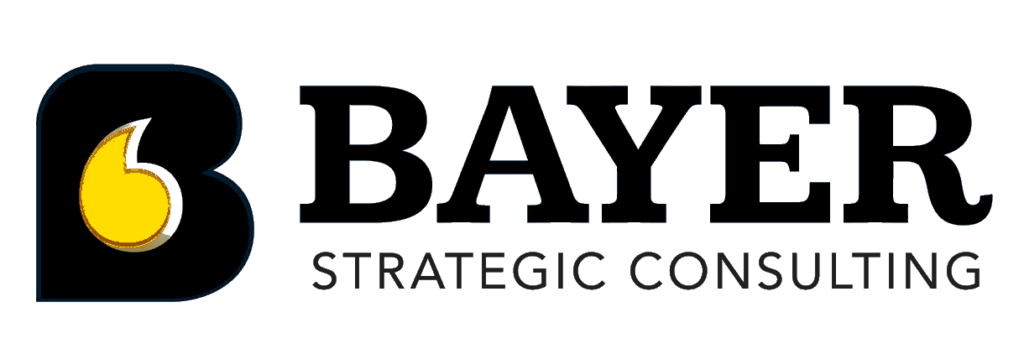This episode features Anna Clemens, Ph.D., an academic writing coach and the founder of the Researchers’ Writing Academy. Anna earned her PhD in material science and has published articles in Scientific American and other popular science magazines. Her mission is to make academia a more diverse and joyful place for researchers from all backgrounds.
We discuss common problems faced by researchers in academic writing, including procrastination, difficulty getting started, and fear of rejection. Anna shares her insights and the process she teaches to help researchers overcome these challenges and improve the quality of their papers. Our conversation highlights the importance of storytelling and familiarizing readers with the topic to enhance the overall effectiveness of academic writing.
Key Points:
- Bilingualism and First-Generation Scholars:
- Successful scientist-communicators often possess bilingualism or are the first in their families to attend college.
- They face the challenge of translating complex subjects for their family members while avoiding condescension.
- The ability to bridge scientific knowledge and effective communication sets them apart.
- Common Problems in Writing for Journals:
- Researchers often struggle with two main issues: getting started and avoiding rejection or publishing low-quality work.
- Procrastination is common among busy researchers who prioritize other tasks over writing due to the absence of strict deadlines.
- Younger researchers, such as PhD students, frequently struggle with getting started and find it challenging to focus on writing amid numerous responsibilities.
- The Researchers’ Writing Academy:
- Anna Clemens and her team work with researchers at all levels, including assistant professors, postdocs, and PhD students.
- The academy addresses the challenges of getting started and publishing in higher impact factor journals.
- The emphasis is on teaching a systematic process for writing scientific papers, focusing on developing a concise and compelling story.
- The process involves considering the reader’s perspective, connecting with their existing knowledge, and organizing the information effectively.
- Benefits of Storytelling in Academic Writing:
- The narrative structure facilitates understanding and engagement for readers.
- Storytelling encourages deep thinking and improves the overall quality of the paper.
- Researchers learn to align their findings with a coherent narrative, guiding readers from background information to motivation and then to the results and discussion.
- The process of storytelling helps researchers overcome the challenges of writing and enhances the overall impact of their work.
Conclusion: The Researchers’ Writing Academy provides a valuable resource for researchers struggling with writing challenges in academia. By teaching a systematic approach and emphasizing storytelling, Anna Clemens, Ph.D. and her team help researchers overcome procrastination, improve the quality of their papers, and enjoy the writing process. By bridging the gap between scientific expertise and effective communication, the The Researchers’ Writing Academy aims to elevate the accessibility and impact of scientific literature.
Resources mentioned in the episode:
Special discount for When Science Speaks listeners:
OneSkin, led by PhD scientists dedicated to helping people age in a healthy, vibrant way patented the first protein building block, scientifically proven to reverse skin aging at the molecular level.
Listeners of when Science Speaks, receive a special 15% discount off an entire one skin order (any products, no minimum purchase). And if you haven’t yet experienced OneSkin products and decide to subscribe, you’ll get a first time subscriber discount plus an additional 15% off your subscription with the special SCIENCE15 code.
Just go to OneSkin.co and use the promo code Science15 a checkout.
